Pyar Ke Sadqay is an intricately woven fairy tale, penned by Zanjabeel Asim Shah, which is now about to come to an end and it will certainly be remembered for its feisty women characters. It is worth examining why these women characters that are central to the plot are creating such a buzz amongst viewers and critics alike and hence their on-screen persona is definitely worth reflecting upon.
This is also a courtesy call for producers and scriptwriters to re-examine the way both leading and especially supporting roles for women are written and represented in Pakistani dramas. Each woman’s character in Pyar Ke Sadqay has deep rooted strength embedded within and exudes it in a timely manner in both conventional and unprecedented circumstances.
1. Mahjabeen
As naïve and clueless as she may appear to be, Mahjabeen is a very level-headed girl when it comes to deciphering good from bad. She unabashedly enters her ex-fiancé’s home, creates a much needed raucous and to Abdullah’s surprise, recovers her wedding trousseau, money and gifts that her family had sent as part of her dowry before she got ditched at the altar.
Mahjabeen may not know the biological process behind procreation (because she barely passed school) but she knows the essential difference between good-touch and bad-touch and is vocal about it. She can sense that Sarwar, her father-in-law, is not a nice man and she will not cow down before him even if that means risking her marriage and her own father’s life.
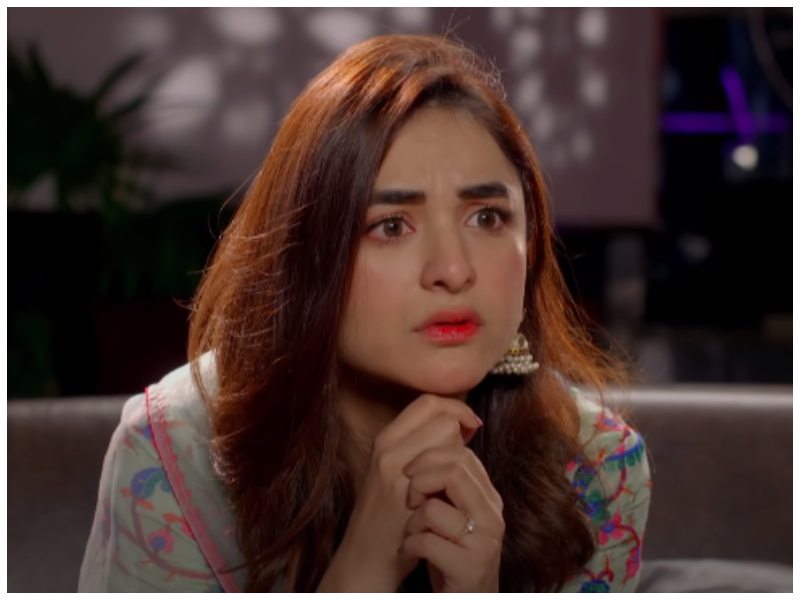
Her strength is put to a real test when she loses her father, but she does not beat her chest, create hue and cry or wail about. She bids her father a respectful and loving goodbye, and gently combs his hair before he finally departs to his grave. Her mind remembers the responsibility that her father bestowed upon her and she stands her ground even as Sarwar continues to threaten and manipulate her.
Throughout the show, Mahjabeen’s character has showcased innocence, but clearly not foolishness. She goes on to display courage when even her husband, who she loved so dearly, lets her down by not trusting her or her father, Munshi jee. Yumna Zaidi’s iconic portrayal of this character in Pyar Ke Sadqay is nuanced, and more so a thriving example that naïveté does not have to mean that you are asinine as well, and that there is beauty in innocence after all.
2. Seema (Mahjabeen’s mother)
Seema is a quintessential lower middle class mother but she is not someone to compromise on self-respect or material gain. What is important to note here is that despite knowing that her daughter is not sharp or even mildly shrewd, she never belittles Mahjabeen either in person or even before her in-laws. What is worth remembering is that Seema never doubts Mahjabeen’s integrity or honesty when she comes complaining about Sarwar or even when she is thrown out of Abdullah’s house by Abdullah himself. Any other mother, knowing how her own daughter is not the most astute person in town, would doubt her daughter first and chide her for all the mishaps in her life, but not Seema. In one poignant scene at the dining table, she asks Mahjabeen to stop dreaming, and start living.
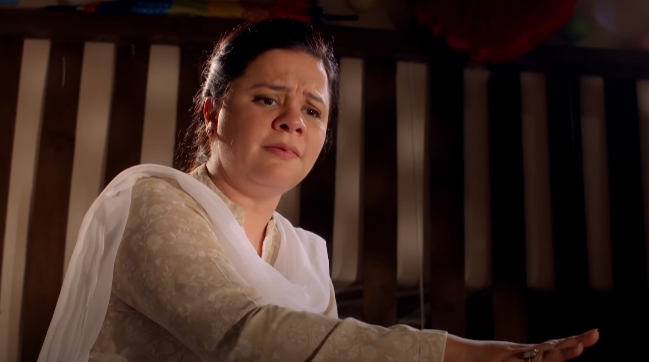
Seema’s strength is put to test when her husband is wrongfully acquitted and later on killed due to police brutality in prison. Instead of weeping her lungs out, or compromising on her daughter’s well-being to save her husband’s life, Seema selflessly accepts the upheaval in her own marital life and her daughter’s marriage. Despite her loss, she holds her head high when she feels she needs to step up to protect her daughter and herself from Sarwar’s wrath. This step calls for great courage and Seema stands strong in all her conversations with Mansoora, Vashma, Sarwar and even her innocent daughter, Mahjabeen.
3. Vashma (Mahjabeen’s sister-in-law)
Vashma’s character has become the talk of the town because she is the voice of reason, conscience and justice in the entire play from start to end. She is fiery when it comes to seeing through Sarwar and giving him a shut up call. She is unafraid when it comes to raising her voice against her own mother to give Mansoora a reality-check. Her undaunted opinions on men, marriage and skepticism over skewed idealism on romance when it comes to marital bliss are noteworthy. Her millennial hesitancy to settle down with the wrong man, which is tainted given her own experience with her biological father and step-father, is well justified.
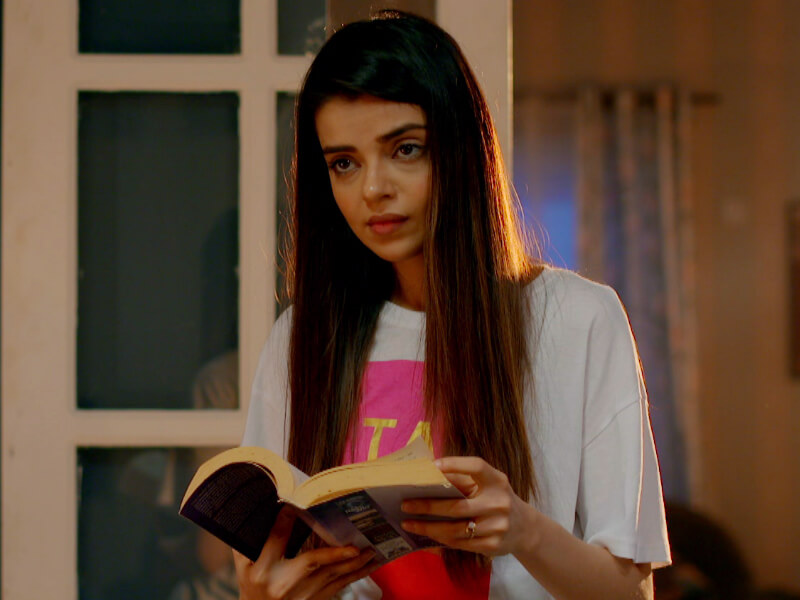
She is also the first one to stand as a pillar of support for Mahjabeen, the first one to catch Abdullah red-handed with Shanzay and bold enough to break off her engagement before she makes sense of all the mayhem in her own family. She is not someone to sit silently and mourn injustice in a corner locked up in her room. Moreover, her unabashed stand-offs with Sarwar, Mansoora and even Abdullah are exemplary of certain feminist arguments which are essential for any progressive story to make an impact on Pakistani television viewers today.
Read: Pyar Ke Sadqay: 5 lessons Mahjabeen taught us about harassment
4. Shanzay (Abdullah’s love interest)
A grey character to the core, Shanzay knows what she wants and when she wants it. Educated, elitist and hot headed, she comes off as rude and sugary but is not willing to compromise when it comes to her happiness. She insults Abdullah, marries a narcissistic man of her choice, decides to divorce him, and remarry a man she rejected and humiliated to begin with. Even with her ruptured self-esteem she knows when to create a scene and how to manipulate Abdullah back into her life by faking a suicide attempt.

Setting all her manipulative tactics aside, the one thing admirable about this character is her unwillingness to be the second concurrent wife. She holds her ground when she insists that she will not marry Abdullah unless he divorces Mahjabeen.
5. Mansoora (Mahjabeen’s mother-in-law)
A character much speculated upon and discussed is Mansoora and her fluctuating indiscretion as a mother, wife and mother-in-law. Perceived as an unconventionally conceited mother and insecure wife, Mansoora’s character comes full circle only after she realizes her second husband was never faithful to her to begin with and has wrongfully accused Mahjabeen’s father.
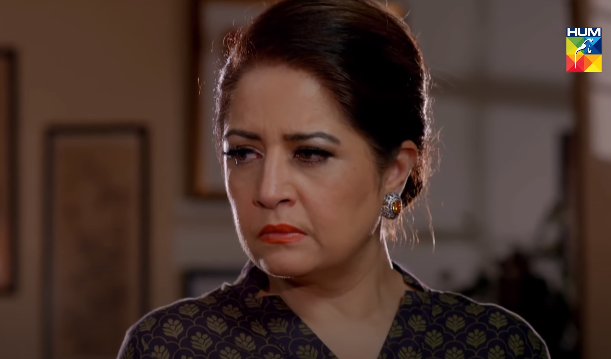
Mansoora’s character is flawed, as are all human beings in real life, but she does not have any mal-intent or malicious schemes up her sleeve unlike Sarwar. She is immensely biased when it comes to her husband and highly insecure about her second marriage but her children are very dear to her and she feels their pain with a pure heart. Her character stole the limelight in the most recent episode where she took all the decisions that were needed to be taken in order to rectify the delinquencies, villainy, malpractices, sexual misconduct and misdeeds exuded by Sarwar. What stood out was her calm demeanor and fortitude throughout the entire family debacle. This helped her call all the right shots instead of having a screaming match or a tearful breakdown, which unfortunately, has become the trend amidst most popular Pakistani TV dramas.
6. Lalarukh aka Pho (Abdullah’s paternal aunt)
Lalarukh, played by the dignified and charming Sharmeen Ali, is someone who deserves credit for raising Vashma to be feisty and outspoken. She is large hearted enough to forgo her love interest, i.e. Sarwar for her own sister-in-law and also strong enough to live her life without getting married whilst being a single parent to Vashma. Lalarukh’s character is Vashma’s confidant throughout the entire play. Her understanding voice of calm and confident presence on-screen remains memorable as does her undaunted scene when she comes face to face alone with Sarwar.
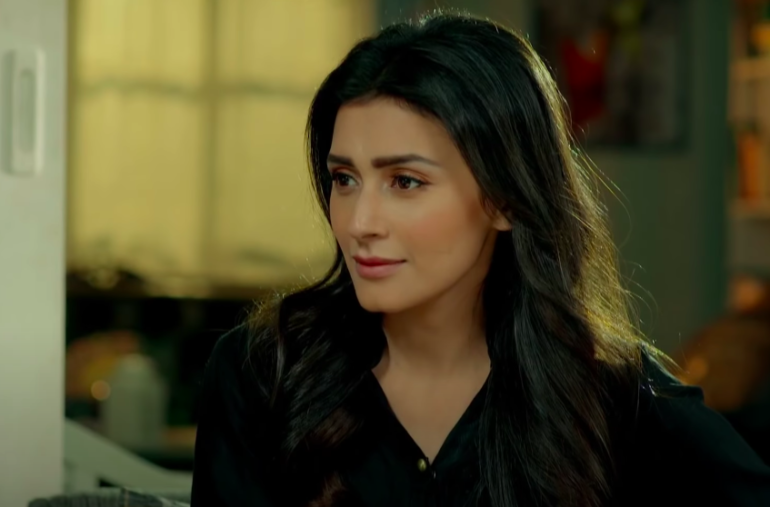
We hope to see more such feisty women on the small screen more often with the hope that TV dramas will adopt a more empowering and outspoken narrative when it comes to domestic abuse and women’s issues.






2 Comments